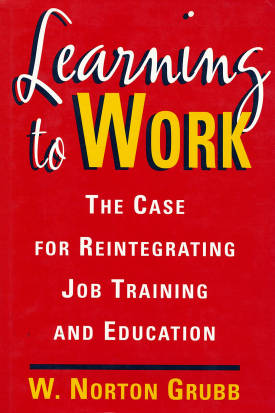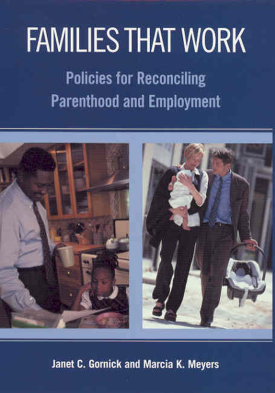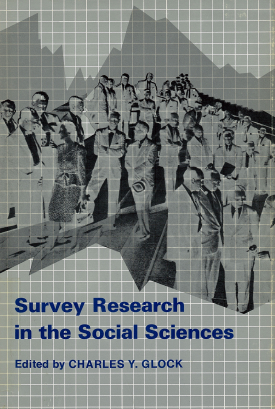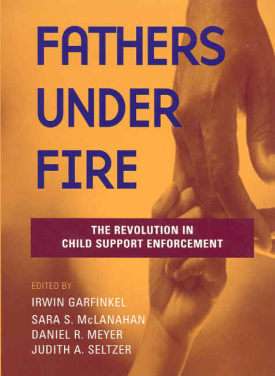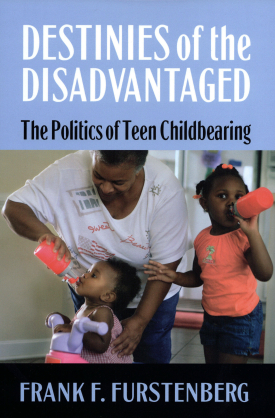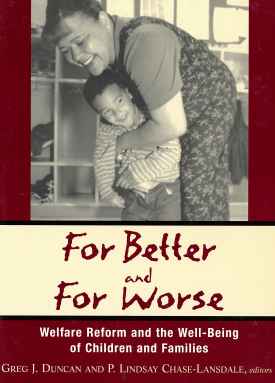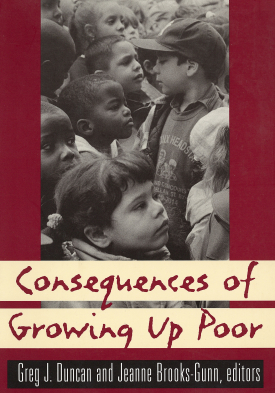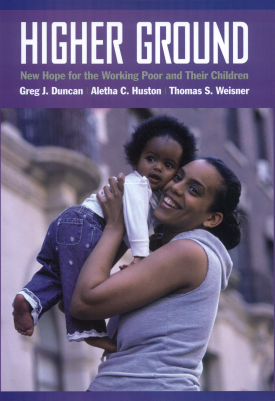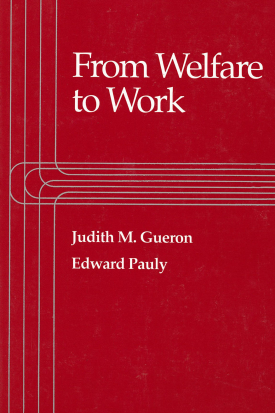
From Welfare to Work
About This Book
From Welfare to Work appears at a critical moment, when all fifty states are wrestling with tough budgetary and program choices as they implement the new federal welfare reforms. This book is a definitive analysis of the landmark social research that has directly informed those choices: the rigorous evaluation of programs designed to help welfare recipients become employed and self-sufficient. It discusses forty-five past and current studies, focusing on the series of seminal evaluations conducted by the Manpower Demonstration Research Corporation over the last fifteen years.
Which of these welfare-to-work programs have worked? For whom and at what cost? In answering these key questions, the authors clearly delineate the trade-offs facing policymakers as they strive to achieve the multiple goals of alleviating poverty, helping the most disadvantaged, curtailing dependence, and effecting welfare savings. The authors present compelling evidence that the generally low-cost, primarily job search-oriented programs of the late 1980s achieved sustained earnings gains and welfare savings. However, getting people out of poverty and helping those who are most disadvantaged may require some intensive, higher-cost services such as education and training. The authors explore a range of studies now in progress that will address these and other urgent issues. They also point to encouraging results from programs that were operating in San Diego and Baltimore, which suggest the potential value of a mixed strategy: combining job search and other low-cost activities for a broad portion of the caseload with more specialized services for smaller groups.
Offering both an authoritative synthesis of work already done and recommendations for future innovation, From Welfare to Work will be the standard resource and required reading for practitioners and students in the social policy, social welfare, and academic communities.
JUDITH M. GUERON is president of the Manpower Demonstration Research Corporation (MDRC).
EDWARD S. PAULY is senior research associate and coordinator of education research for MDRC.

